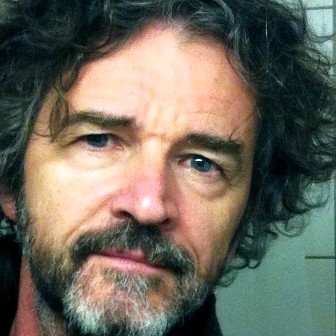


Truls Lie on Observational Documentary

Norwegian Truls Lie, editor-in-chief of Modern Times Review, The European Documentary Magazine, wrote an interesting article (https://www.moderntimes.review/observational-cinema/)
that you should read, inspired by his visit to the 25th Thessaloniki Documentary Film Festival this year, a reflection on the observational documentary cinema: “In a film world dominated by one-character-driven three-act narratives, there is a growing need for documentaries that depart from this formula. With the festival’s concept, «The Art of Reality Beyond Observation» (mentioning the 20 film classics shown at the festival, ed.), and many observational films screened – both written texts and film examples marked this great alternative…”
Here is a long quote – permission granted by Lie:
“Observational cinema was influenced by three predecessors: Italian neorealism, French cinéma vérité, and American direct cinema. The first was highly critical, emphasising the economic and social realities of the time after 2nd WW. Cinéma vérité observed contemporary society up close, capturing life with handheld cameras etc., to convey authenticity and realism. They both were presenting lived experiences rather than providing ‘information’. The third influence, direct cinema, starting with people like Robert Drew and Richard Leacock, aimed to record life «as it is». Like Drew once wrote against narration, they would «invite viewers to think for themselves, without intermediary, narrator, or correspondent. They invited them to be puzzled, confused, surprised …». He ended his text in Imaging Reality (1998) with «Narration is what you do when you fail.» And as Leacock once told Orwa Nyrabia and me in an interview we did in Helsinki in 2008: «I don’t like the word ‘director’. I like the French word better, ‘réalisateur’. You realise the film, you don’t direct it. You don’t tell the film how to be.». And a year before Albert Maysles died, he told me, «Too many documentary filmmakers are still depending on narration to tell what’s going on.»
Observational and participatory cinema bear witness to events. The filmmaker spends a long time with their subjects, creating a mutual familiarity. You can recognise such in filmmakers as Nick Broomfield, Kim Longinotto, Nicolas Philibert, Sergei Dvortsevoy or Michael Glawogger…”
Ahh, all these great names behind great films, many many of them reviewed and written about on this site as well.